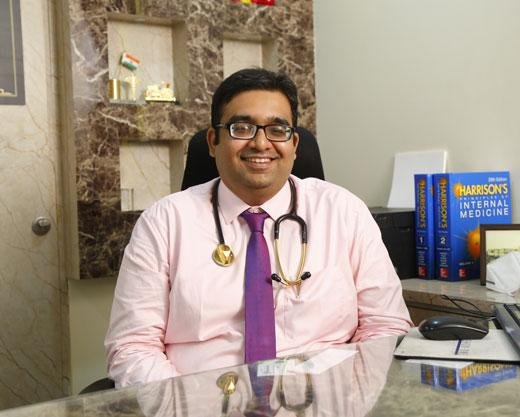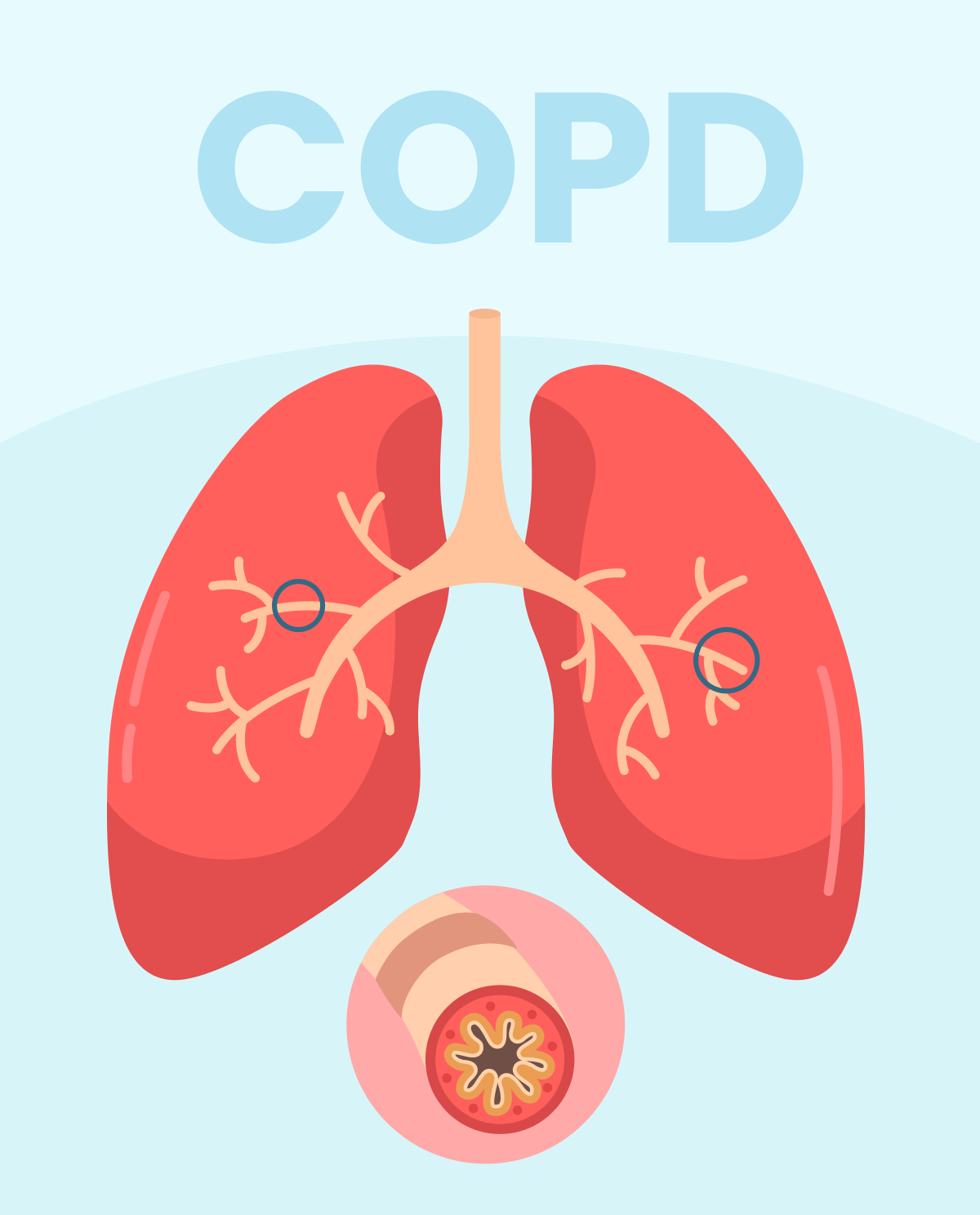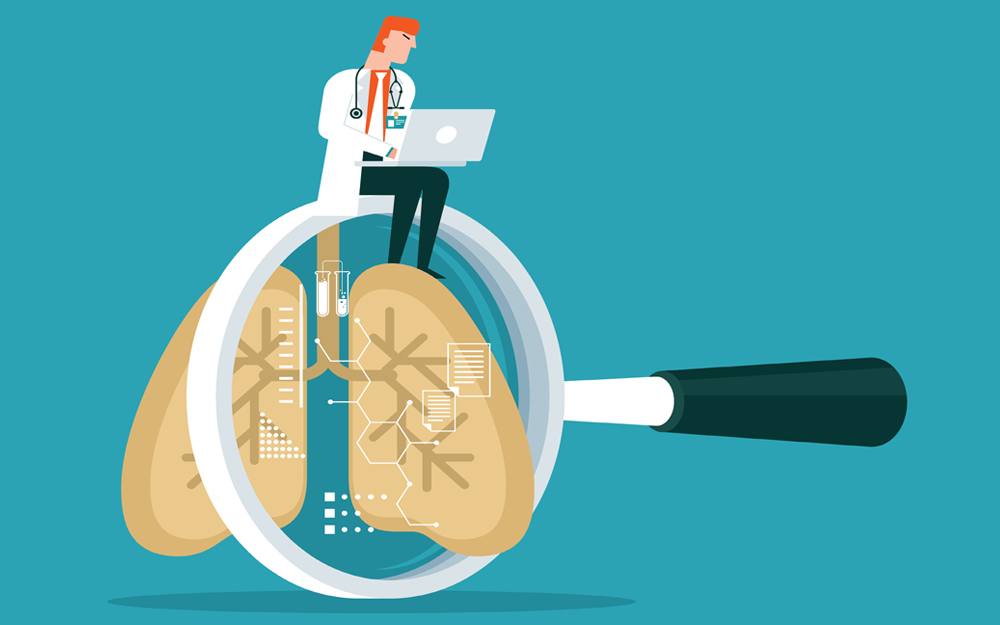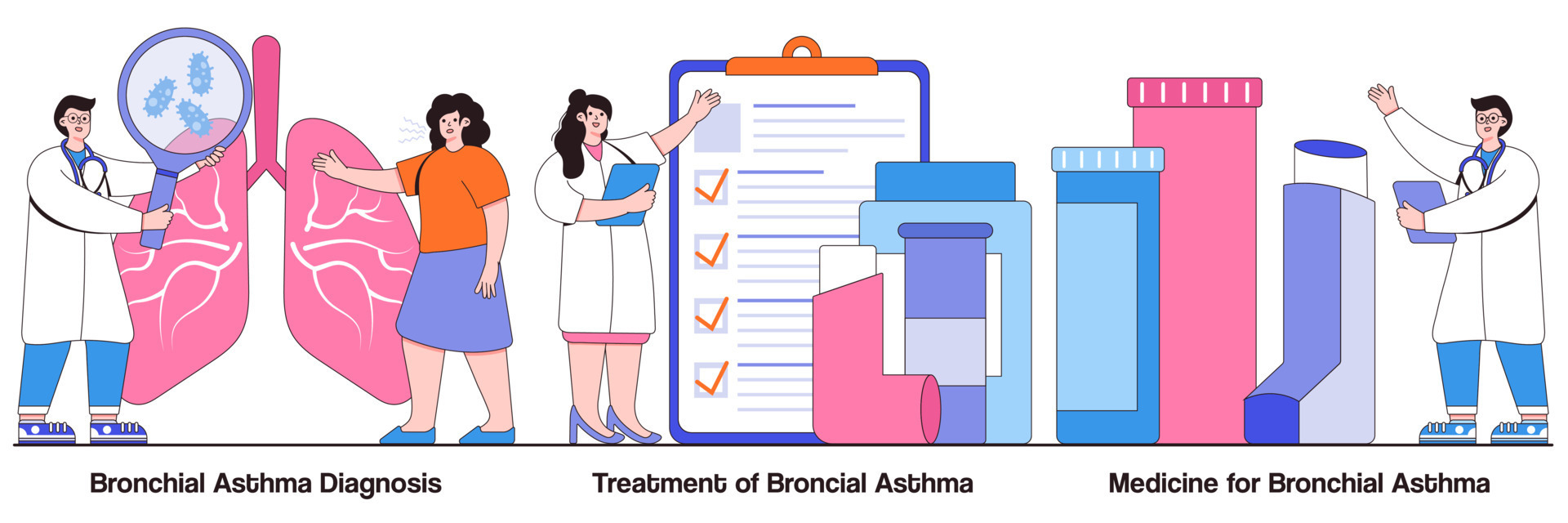
During recent weeks, I visited Dr. Parthiv Shah, a recognized Bronchoscopy Doctor in Mumbai who frequently performs bronchoscopies. My mission: to observe his clinic, hear his approach, compare to peers, and examine how the procedure is positioned in the city. In the labyrinth of medical choices, understanding the subtleties of a bronchoscopy—and knowing who you consult—can matter deeply. Below is what I found on bronchoscopies in Mumbai, globally, and what patients should watch out for.
Credentials, Experience & Clinic Setup
According to his public profile on Practo, Dr. Parthiv Shah holds MBBS, MD in Pulmonary Medicine, and DNB in Respiratory Medicine. He also completed a fellowship in pulmonary diseases and intensive care at LTMG Hospital, Sion, Mumbai, around 2016. His specialized focus includes bronchoscopy, thoracoscopy, pleural procedures, allergy testing, and respiratory illnesses.
His clinic, Sparsh Super Speciality Lung Clinic, is located in Borivali East, Mumbai. During my visit, I noted that the layout is prudent: patient reception and waiting areas are separated from procedure rooms; diagnostic rooms house endoscopic towers, monitors, suction devices, and bronchoscopy towers. There is a sterilization and instrument preparation zone behind the scenes. The staff showed me allergen testing, sleep study, and consultation zones as well.
Dr. Shah emphasized that safety protocols—oxygen backup, sedation monitors, resuscitation kits—are embedded in every bronchoscopy setup. He said he personally reviews imaging and clinical history before each procedure to tailor the bronchoscope route, sample needs, and sedation plan.
Comparative Physicians:
Dr. Jeenam Shah
Dr. Jeenam Shah is known for interventional pulmonology and advanced bronchoscopic procedures. His profile mentions that he performs bronchoscopy, EBUS, lung cryobiopsy, and advanced airway interventions.His training abroad and certification in interventional pulmonology make him a useful point of comparison to Dr. Parthiv Shah’s procedural reach.
Dr. Gaetan Deslée
Pulmonologists such as Dr. Gaetan Deslée in France or those in leading academic centers combine advanced bronchoscopy with molecular sampling, navigation bronchoscopy, and robotic bronchoscopy. Their units often have multidisciplinary integration—pulmonology, pathology, radiology—to optimize biopsy accuracy and patient safety. Comparing such practices helps identify where local practices are at par, or where gaps remain.
Pros & Cons of Bronchoscopy
Advantages
- Direct visualization of airway: allows inspection of bronchial mucosa, narrowing, inflammation, bleeding.
- Diagnostic sampling: tissue biopsy, lavage, brushings, culture, cytology.
- Therapeutic possibilities: removal of foreign bodies, stent placement, laser ablation in some settings.
- Minimally invasive compared to open lung surgery: shorter recovery, less trauma.
- Guided by imaging: reduces blind procedures by correlating CT/scan with bronchoscopic view.
Limitations & Risks
- Sedation & anesthesia risks: depending on patient comorbidities.
- Bleeding or pneumothorax: when biopsies are taken.
- Incomplete reach: certain peripheral lesions may be beyond the reach of standard scopes.
- False negatives: tissue sampling may miss malignancy or pathology if lesion is small.
- Cost & resource intensity: requires infrastructure, trained staff, sterile disposables, backup systems.
Dr. Shah acknowledged that one should not see bronchoscopy as a “magic” test—it must be correlated clinically and radiologically, and the decision to biopsy must be judicious.
Cost Estimates:
In Mumbai and Indian settings, publicly listed bronchoscopy procedure costs vary. Some sources cite flexible bronchoscopy weights in the range ₹3,000 to ₹15,000 for basic procedures. Others suggest typical Indian bronchoscopy treatment costs between ₹8,300 to ₹12,400, based on standard diagnostic bronchoscopy with preoperative tests. A pricing aggregator suggests Indian market cost from ₹3,000 to ₹35,000 depending on the complexity (flexible vs rigid, biopsy vs only inspection). Some other calculators list the average cost for India around ₹8,000 to ₹10,000. .
Precautions & Aftercare Advice
From Dr. Shah and referenced pulmonology protocols, here are key points:
Before the procedure:
- Fasting guidelines: typically nil by mouth for 6–8 hours.
- Review medications: anticoagulants may need adjustment.
- Evaluate comorbidities (cardiac, renal, bleeding risk).
- Pre-procedure imaging correlation (CT chest) to guide the scope route.
- Informed consent: risks, benefits, alternative options.
During procedure:
- Sedation with monitoring of pulse oximetry, ECG, blood pressure.
- Oxygen supplementation as needed.
- Gentle technique for sampling to minimize bleeding or trauma.
After the procedure (post-bronchoscopy care):
- Observation for several hours (monitor for bleeding, pneumothorax, respiratory compromise).
- Avoid vigorous coughing immediately; take gentle breathing.
- Resume oral intake as per protocol (often after few hours).
- Watch for warning signs: hemoptysis (bleeding), chest pain, shortness of breath, fever.
- Follow-up imaging if indicated.
- Pathology / culture results guide further therapy.
- If biopsy sampling done, sometimes brief restriction on heavy exertion or travel for 24 hours.
Dr. Shah emphasized to me that patients should not leave the clinic without understanding what symptoms to watch for and must have a direct line for emergency advice.
International protocols often add pre-bronchoscopy pulmonary function tests, advanced sedation (e.g., anesthetist involvement), and stricter post-procedure observation—practices Dr. Shah sees as aspirational benchmarks for larger centers.
Reflection & Observations
During my hours in his clinic, I saw that Dr. Shah discusses CT scans side by side, explains to patients the bronchoscopic path he plans, and is cautious rather than aggressive in decision-making. The staff was prepared, the rooms clean, and backup oxygen / resuscitation equipment accessible.
Labeling him a Bronchoscopy Doctor in Mumbai is appropriate: he integrates the procedure into routine pulmonology practice rather than treating it as a fringe intervention. Still, patients must ask: what is your sampling success rate? What is your complication record? Do you guarantee auditing outcomes?
Compared to peers like Dr. Jeenam Shah who may have stronger interventional certification, Dr. Shah’s practice seems solid and patient-minded—especially in a metro like Mumbai where demand is high and risks can be glossed over.
Final Thought
If you or a loved one is facing unexplained lung nodules, persistent cough, or unclear respiratory symptoms, consider consulting a bronchoscopist—not just a general physician. If you’re in Mumbai, Sparsh Super Speciality Lung Clinic under Dr. Parthiv Shah is one working example you could evaluate. Ask questions, seek clarity, and prioritize safety in your decision.
Sparsh Super Speciality Lung Clinic
93242 47349 | 9029772904
As a medical journalist, I recommend Dr. Shah’s name among credible choices—but your final decision should rest on communication, comfort, and trust.



